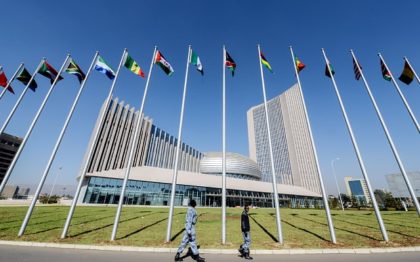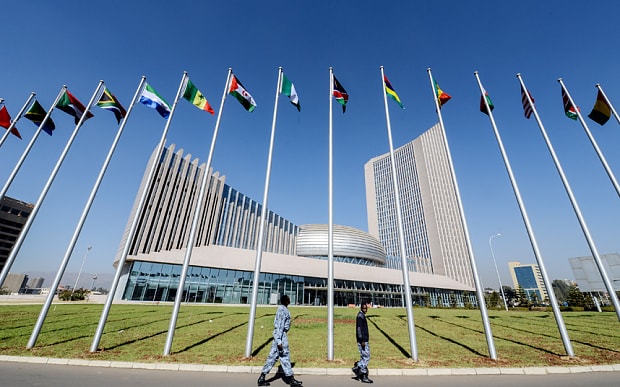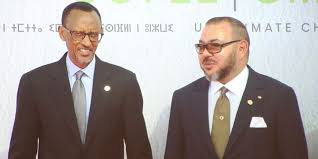 The predictions of the advocates of separatism in the Sahara were true. Their worst fears that Morocco’s return to the African Union will block their plots to propagate the chimera of an independent Sahara state were vindicated.
The predictions of the advocates of separatism in the Sahara were true. Their worst fears that Morocco’s return to the African Union will block their plots to propagate the chimera of an independent Sahara state were vindicated.
The first participation of Morocco at an African Union Summit in over three decades proved that the Kingdom is uncompromising concerning its territorial integrity. Henceforth, separatist proponents should brace for the beginning of the end of the phony SADR entity within the African Union.
Actually, the Moroccan delegation that took part in the 29th AU Summit showed vigilance in blocking an attempt orchestrated by Algeria and a bunch of autocratic states turning in its orbit to include clauses prejudicial to Morocco’s sovereignty over the Sahara in an AU’s Human Rights Commission report.
A heated debate took place, on July 2, between the Moroccan delegation and its Algerian counterpart over the clauses violating Morocco’s territorial sovereignty, such as sending an AU human rights monitoring mission to the Sahara and calling the southern provinces “occupied territories.”
Certainly, Human Rights is the least of the concerns of the autocratic regimes backing the anti-Moroccan clauses. Algeria, Zimbabwe and Botswana are all autocratic states setting a model of brutal authoritarianism and disregard for human dignity.
The age of ideological slogans for forming allies on the continent is over and so is the Algerian mantra. African states are looking forward to a new dawn in which bilateral and multilateral ties are forged through win-win partnerships.
Morocco’s south-south cooperation model has earned it new friends and allies, including heavy weights such as Nigeria and Ethiopia. Nigeria, which previously sidelined on Algerian stands, is now taking distance. The Nigerian refusal to back the Algerian advanced clauses against Morocco’s territorial integrity dealt a blow to the separatist theses proponents on the continent. In fact, Nigeria, together with Guinea, offered mediation leading to the amendment of the anti-Moroccan clauses in the AU’s Human Rights Committee’s report.
Thanks to its growing allies in the African Union, Morocco is well-positioned to prevent any attempt at using AU’s resolutions to propagate the separatist agenda. The battle to omit the appellation “occupied territories” from the AU’s terminology is also in line with the UN process. It is noteworthy to mention that UN Security Council resolutions on the Sahara have never labeled the Sahara as an “occupied territory”.
Morocco has always been criticizing the admission of the Polisario within the pan-African organization as an anomaly in contradiction with the international law. This view is also shared by a growing number of African states who see in the Algerian pro-separatist rhetoric an ideological anachronism that aims at manipulating the AU to serve Algiers’ own hegemonic agenda.
Last year, in the AU’s summit in Kigali, 28 African states submitted a motion demanding the freeze of the membership of the Polisario in the continental organization.
The participation of the SADR entity at the AU’s sectoral committees is an aberration since it does not fulfill the attributes of state sovereignty. In admitting the polisario as a fully fledged member, the AU is at odds with the UN process, which calls for a consensual solution to the Sahara issue. It goes without saying that a mutually acceptable solution to the artificial dispute over the Sahara excludes separatism.



